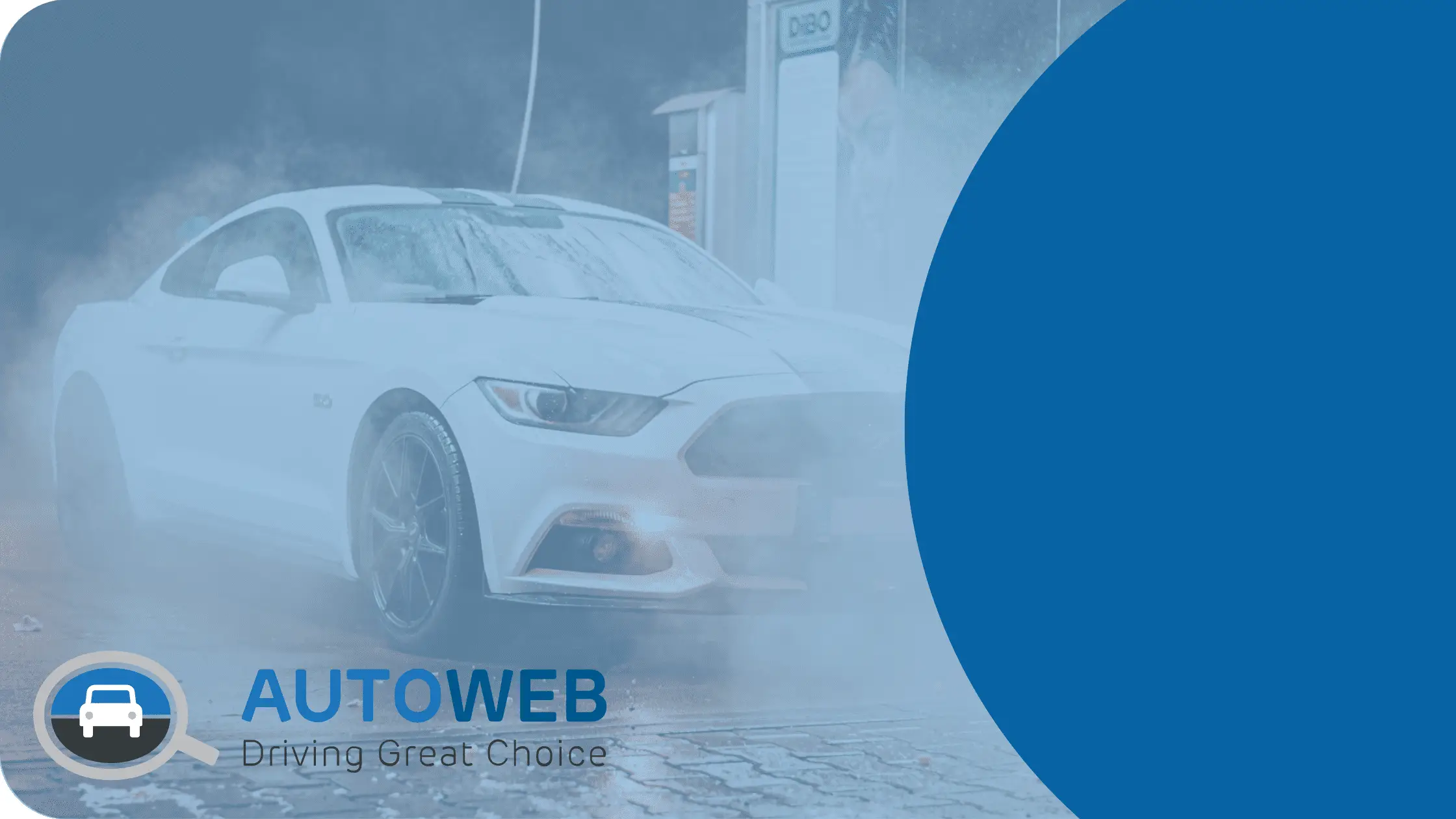
16-08-2022
The condition of your car’s paintwork can have a direct effect on the value of your vehicle.
Keeping your paintwork free of chips, cracks and fading can be a task in itself, especially when there’s factors outside of your control that can affect the condition of your paintwork.
Whether it’s the road surface, the weather or simple environmental factors, paintwork can often take a bit of a battering.
However, there are still plenty of ways to care for your paintwork yourself.
This can often fall on deaf ears, but is a simple way to protect your paintwork, especially the bumpers and wheel arches.
If the road you are travelling on isn’t smooth or has recently been gravelled, drive to the recommended speed limit, which is often 20mph, as stones get thrown up as you drive over them, meaning these stones are liable to chip your paintwork.
If the road is full of potholes or a remote road that doesn’t get cared for, chances are there are also loose stones that will hit your car as you drive over them.
You will usually hear these stones hit the bottom of your car as you drive – it’s time to slow down to prevent any chips on your paintwork!
Living in the UK, you might think we’re safe from the sun rays, but this is unfortunately not the case.
The sun’s rays can still be incredibly strong and a car that is parked directly in the sunlight will start to fade your paintwork.
In extreme cases and depending on the quality of your paintwork, the sun may also start to peel away the paint. This is often in circumstances where the car has been left in direct sunlight for long periods, perhaps when the car hasn’t been driven for some time.
When you park your car under a tree, you may notice that when you return to your car, there is a slight film over the bodywork. This film can start to erode the paintwork if left too long.
Night time during the Summer months can be the worst time to leave a car under a tree due to the precipitation that falls from trees during these times.
Washing your car might feel like a chore at times and even more so in Winter, but this is in fact the time of year when your car is in need of a clean more than ever.
During the Winter, salt is spread on roads to help dissolve the ice and snow, keeping it a safe environment for road users. This salt then gets sprayed up onto cars, as traffic passes. This salt can be corrosive to paintwork if not cleaned regularly.
You should use a quality shampoo and wax that protects the surface of your paintwork. You should also use a clean sponge as old sponges can hold grains of dirt which can then scratch your paintwork.
Birds can be a nightmare when it’s time for target practice, especially if your car has recently been washed and waxed.
You might have noticed your car was used as a target but decided to leave it for the time being or hope the rain does the job for you.
Bird droppings can be incredibly toxic to your paintwork if left for too long, so you may start to see fading or marks if not cleaned regularly.
Parking close to the entrance of a supermarket might seem more convenient at the time, but your car is more likely to get knocked by a trolley, scraped by someone’s bags or hit by another car door.
If you can find a parking space further away, you’ll find less people pass your car and are less likely to park next to you.
Dents can affect your paintwork, even if they are evened out. Whilst this is possible, it does come with an additional cost and an inconvenience. Some scratches can be repaired or removed using specialised products which can be purchased online.
Whilst you can’t prevent accidental damage, either from the environment or other road users, you can put preventative measures in place to try to protect your car as much as possible.
This article contains affiliate links. If you make a purchase using one of our links, we will earn commission at no extra cost to you.